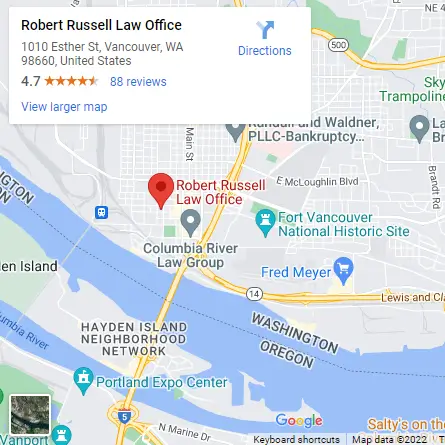A lot of people decide to set up a trust because they want their wealth to continuously grow for the next generations. This is essentially done by appointing trustees who will manage and administer the trust estate.
This article will cover:
- The basics of these legal documents
- The probate process
- Why it is an ideal estate planning tool
- The need for a reliable Vancouver estate planning lawyer
Setting up a trust and appointing a trustee
A revocable living trust is a legal document appointing a specific trustee (usually a trust company, but grantors themselves can actually be appointed as trustees) who will be managing and administering trust property. Estate assets (often included are a bank account, personal property, real property, or other investments) are placed in the name of the trust account.
This estate plan can be amended throughout the remainder of your lifetime. No trust assets are transferred to any beneficiary of a trust (who you decided to appoint, be it a surviving spouse or would-be heirs) until you are actually deceased. In addition to this, your trust beneficiary will benefit from the flexibility and privacy protection it offers.
Under relevant trust law, a living trust you create may be revoked or amended, at your discretion, essentially anytime during your lifetime. As would be explained to you by a trusted Vancouver estate planning lawyer, a revocable trust is an ideal choice for those seeking protection of privacy. Trustors who wish to keep private the information and records on probate estate often benefit from this.
Avoiding probate proceedings
 This estate planning document specifies how property in trust shall be managed when you die. Drafting these are also useful after death (yours or that of a loved one) because assets of the deceased person that are owned by the trust, and not by the decedent, need not be brought to court and probated.
This estate planning document specifies how property in trust shall be managed when you die. Drafting these are also useful after death (yours or that of a loved one) because assets of the deceased person that are owned by the trust, and not by the decedent, need not be brought to court and probated.
Revocable trusts enable you to avoid transferring property through the probate court. For your surviving spouse, children, or grandchildren, this helps minimize probate costs and the stress that comes with such a proceeding.
Aside from not being useful to avoid probate, wills and testaments could lead to disputes among heirs you appoint. A family member, for example, could contest your last will and testament by using a supposed lack of testamentary capacity as grounds. When you create a trust, you could specifically disinherit someone who poses a challenge to your death wishes.
Other advantages of these estate planning documents
An individual often creates a trust to be able to decide on guardianship while he or she is still alive. Aside from naming the actual guardian, it can specifically be used in controlling the spending habits of your minor children’s guardian. A revocable living trust could also give authority to another individual to make decisions for you if you become disabled or incapacitated. A trustee could be appointed, who could manage financial affairs without having to obtain a durable power of attorney.
A married couple often opt to establish a trust if they have a substantial property that they acquired before they were married, in order for these to be segregated from those considered as community property. Additionally, while trust documents do not necessarily minimize estate taxes, provisions in the trust can allow for a transfer of wealth through a credit shelter trust that is established upon death. Setting up a credit shelter trust effectively reduces what is taxed for estates that go beyond estate tax exemptions.
Legal help from Vancouver estate planning attorneys
Consult with a professional from a reliable law firm to learn more about asset protection in light of different types of trusts (revocable or irrevocable living trust). Call our Vancouver estate planning attorney at Robert Russell Law Office for legal help and assistance.







